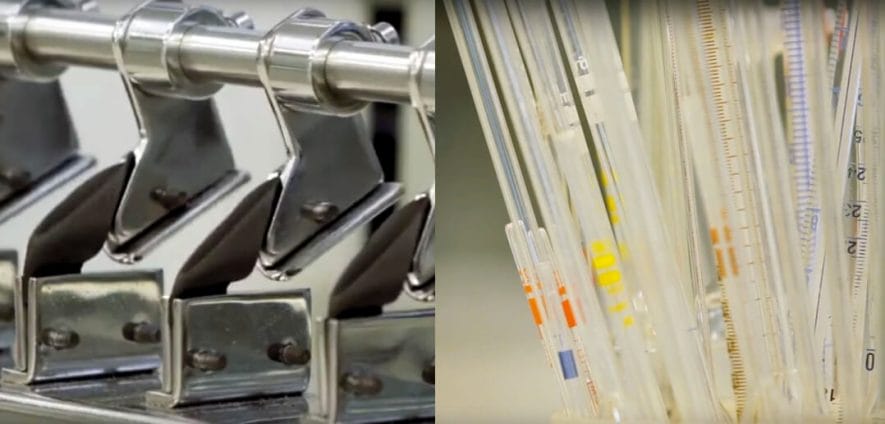“Looking at our turnover, we may proudly announce that over 3 billion euros, out of 5 overall, come from certified companies. Yet, I do believe that things can even get better, from this point of view. While talking about sustainability, on the other hand, it is well worth remarking and firmly emphasizing that we currently have some new fantastic tools. Now onwards, we are going to take advantage of them, while gearing up to face very demanding challenges”. Gianni Russo, President of UNIC – Italian Tanneries, pointed that out during the general meeting held last week on Friday: he spotlighted the remarkable and responsible work in progress as to sustainability and its topical issues. Most of all, he actually highlighted three tools that Italian tanners are supposed to use, “under the general supervision of UNIC – Italian Tanneries, to address our clientele jointly, aiming at common goals”. Firstly, CLeAR (Confidence in Leather Analysis Results): a permanent work team mostly focused on issues related to law regulations applied to substances. The aim, point out UNIC – Italian Tanneries, “is to reduce, as much as possible, margins of analysis errors, based on the complexity of leather, therefore setting some guidelines to define analysis and classification procedures and proper samples setup methods. Furthermore, to provide advisory details about hides and skins conservation and, finally, information about performance standards to be given out by analytical laboratories in order to gain reliability and acknowledgement”. Secondly, CALM (Chrome and its Alternatives for Leather Manufacturing), “to compare chrome-tanned leather and chrome-free samples while looking at product environmental footprint (PEF), alongside its economic impact (Life Cycle Costing) and its social and health effects. Focusing, as well, on physical and aesthetic properties of leather itself”. Finally yet importantly, “the environmental footprint, officially acknowledged by European Commission, a valuable tool to implement a self-evaluation with regard to new cycles and new products, demanded by customers, and their environmental real impact and effects”. Such tools will give an opportunity “to foster debates and summits: Italian tanners must join forces and act as one”.
UNIC – Italian Tanneries tools, CLeAR, CALM and environmental footprint, for sustainable challenges and Italian tanners’ common aims










